Spending more time indoors, you may discover that your place is not supporting your health.
Did you know that on average Australians generally spending 90+% of their time indoors?
This can include home, work, in vehicles and places of worship.
Whether it be a change in employment, circumstances or, due to the 2020 COVID-19 pandemic, all of a sudden, you might find yourself at home a lot more than previously.
Like André.
His contract finished, and instead of being on the road all the time for work, he was at home until he arranged new employment.
All of a sudden, his voice got raspy, he felt sick, but not sick enough to spend the day in bed, his energy was low. He didn’t feel great, so found that he spent even more time indoors.
Quickly, he realised that something was wrong.
He got in touch with me, and we uncovered some hidden hazards, otherwise known as environmental stressors.
Once these were addressed properly, he was 100% a-okay in his home.
He was sweet, he called me every week to say, “I’m still okay!”
That is exactly why I do what I do!
Being able to help someone take back the reins of their life, to return to full health and be able to do whatever they choose… that is what is all about.
All too often, when something goes wrong health-wise, people immediately think there is something wrong with them.
Yet, like in André’s case, sometimes the problem is within the environment, not the person.
You fix the environmental stressors, and the person returns to normal.
In so many instances, when you clean up the environment the problem goes away.
I believe that more people are affected by the environment than they realise.
A good example of this is a headache. What do you do when you get a headache?
Do you…
- Reach for the painkillers like many people do?
- Drink extra water and have some downtime?
- Explore your environment for changes?
My #1 go-to is always to explore any changes in the environment.
I would rather fix the environment (cause) than take medication to temporarily ease the symptoms and never get to the bottom of it.
We’re all different, I get it. No judgement here. ☺
Have you noticed any changes since spending more time indoors ?
Here’s a list to get you thinking – but do note, there are medical causes for some of these too – so do check in with your doctor or health practitioner for certainty.
- Headaches
- Poor sleep
- Aching eyes
- Muscle tension
- Feeling off (malaise)
- Ringing in your ears (tinnitus)
- Grinding your teeth (bruxism)
- Runny nose
- Cough
- Low energy
- Foggy head
- Poor concentration
These can all have environmental causes.
So, you might want to check things out.

The best way to determine if your place is playing a role is…
Notice how you feel when you are out of the building?
OPTION 1
If you are in lockdown, you can’t stay somewhere else, but if you aren’t in lockdown, see how you feel when you are away from your place for a few days.
OPTION 2
Go for a walk, ideally in nature (the beach, a park, a reserve). Ideally spend a few hours enjoying the sunshine, fresh air and natural world.
If you notice your symptoms ease off when you are away, it begins to point to an issue in your place.
If you find that they ease off and then when you return, the symptoms do too, then it confirms that there is an environmental stressor there that is affecting you.
Simple Steps to Ease the Symptoms when you are Spending Time Indoors
Here are some simple steps that you can use to ease the symptoms. Do be aware that these are temporary measures and until the cause is addressed, the issue remains.
1. Ventilate.
If there is a build-up of indoor air contaminants, open your doors and windows to exchange the air and dilute the levels of contaminants.
2. Spend time in nature.
Shinrin Yoku is the Japanese practise of “forest bathing” and it is seen to be highly beneficial for health (including mental health).
60 minutes of time in nature, especially under a canopy of trees can result in 7 days of benefits. Make some time, at least, every week to get out in nature.
3. Turn off your devices, wi-fi and smartphones – at least while you sleep.
Sleep is the most important time of the day it is when our body heals. So, give it the best chance to do this, and turn everything off.
I call this “digital downtime” and you can do it more often than just overnight. 😉
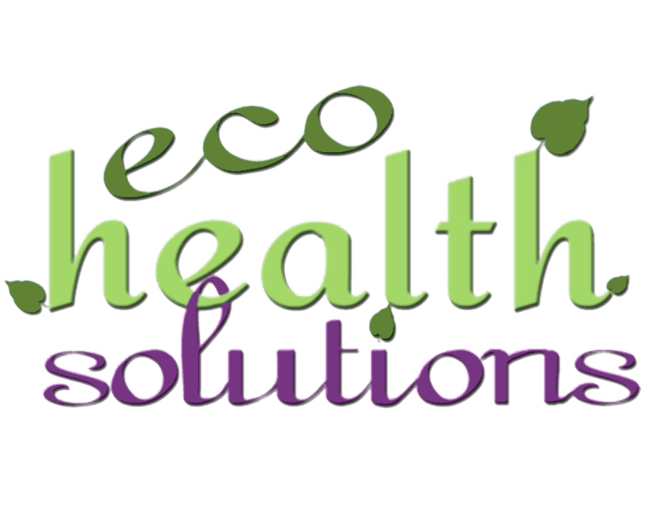
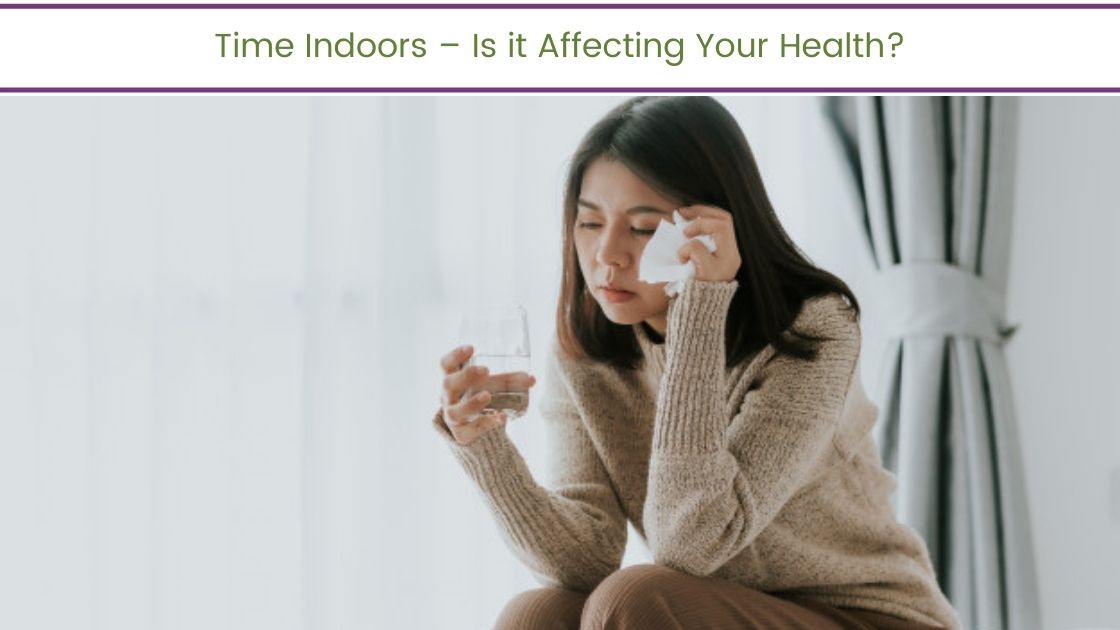
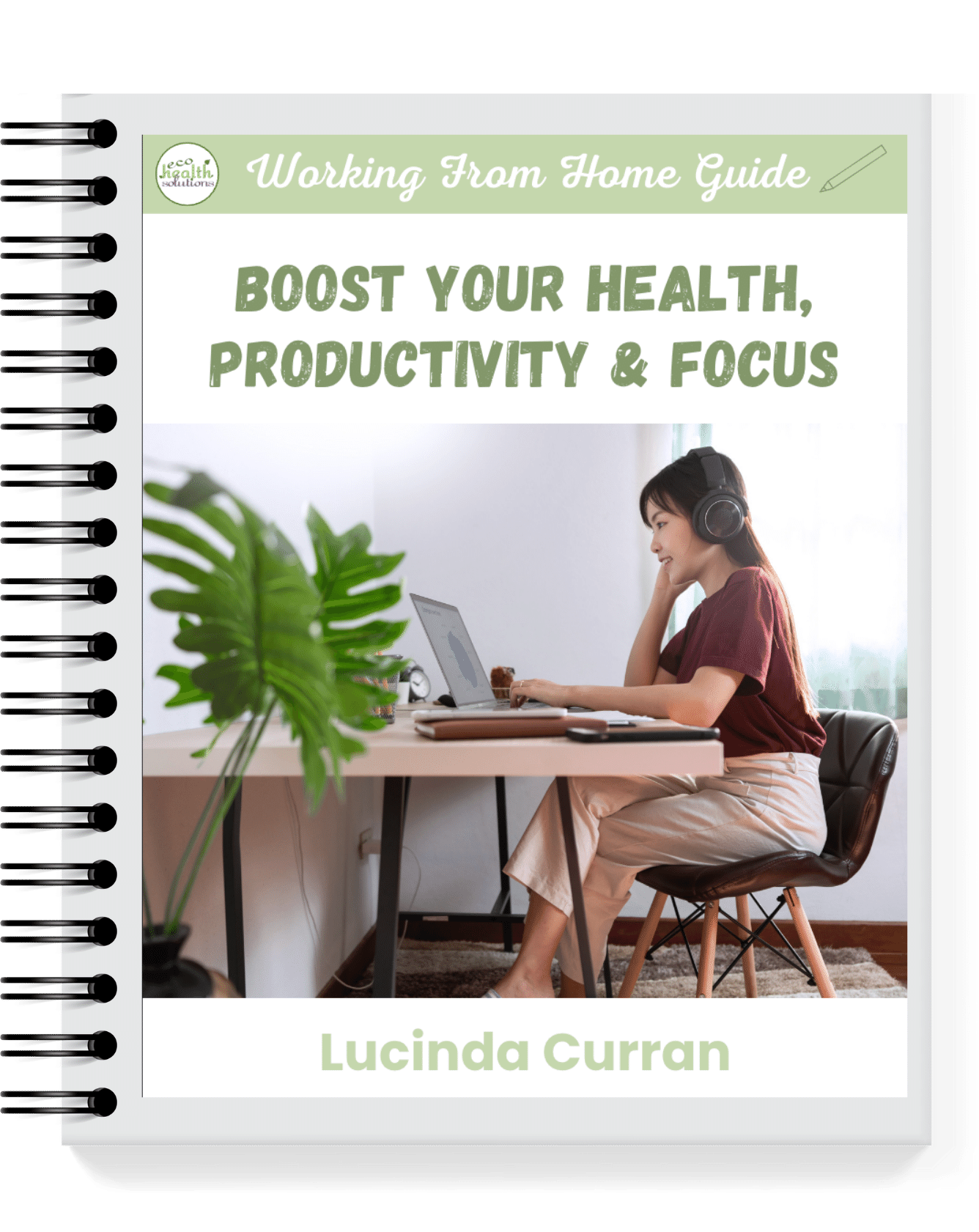
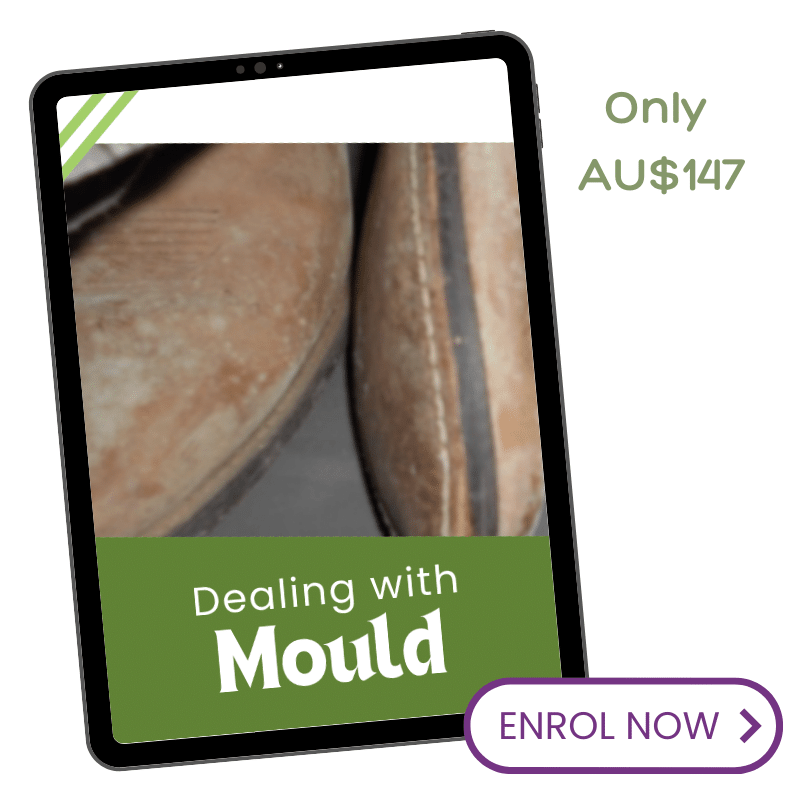
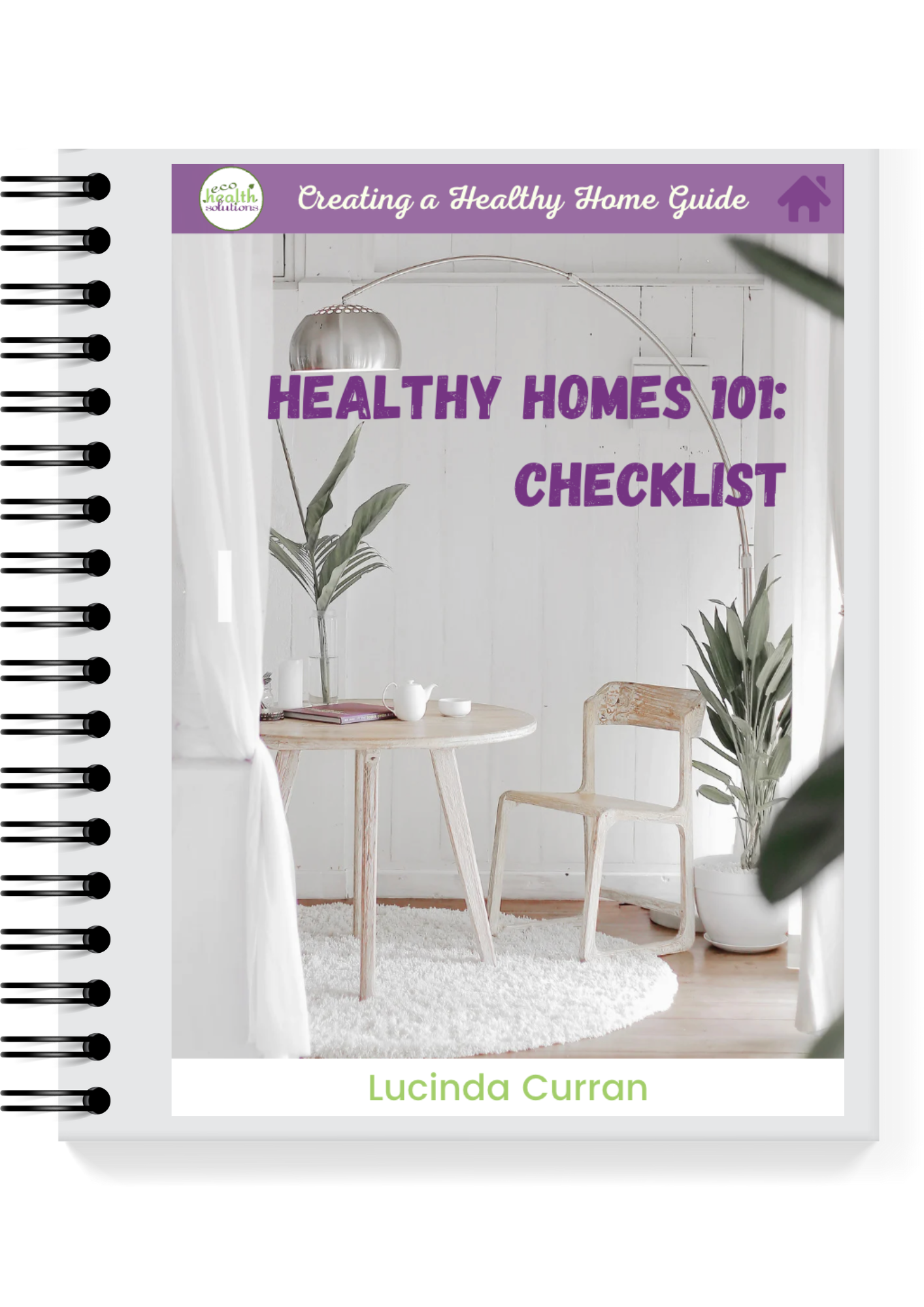

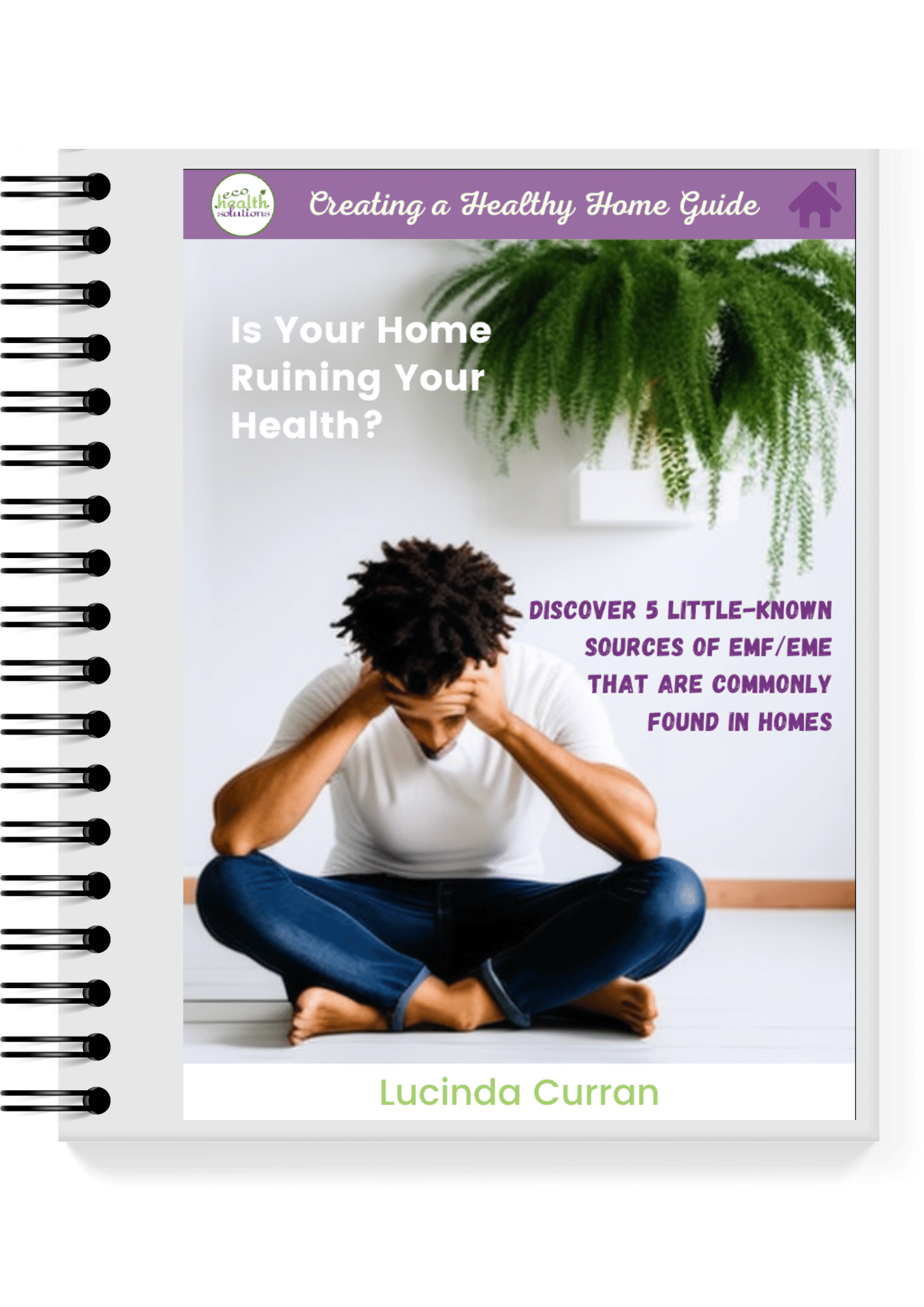
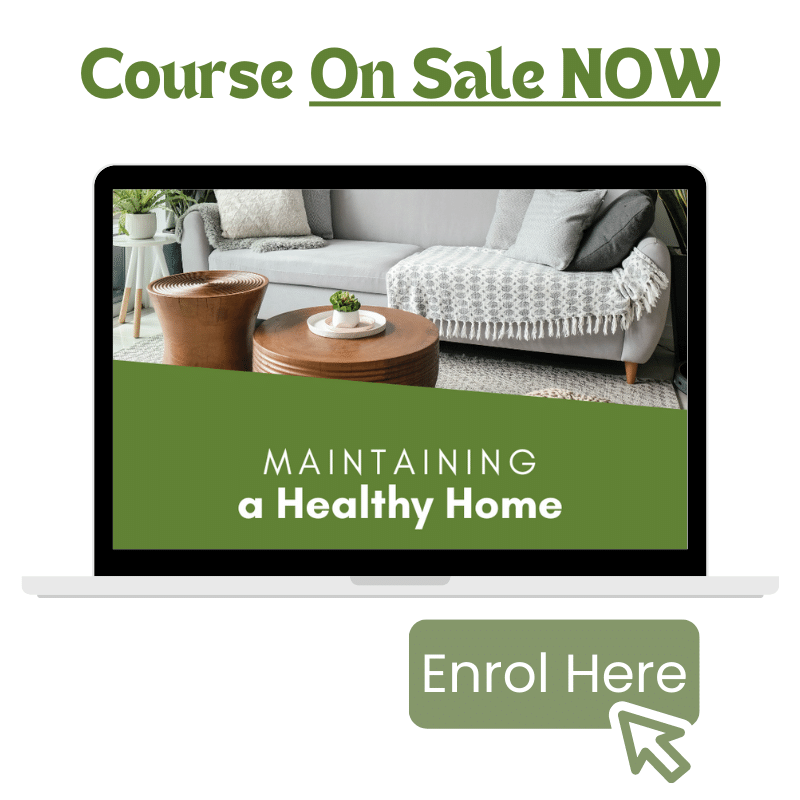
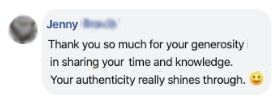
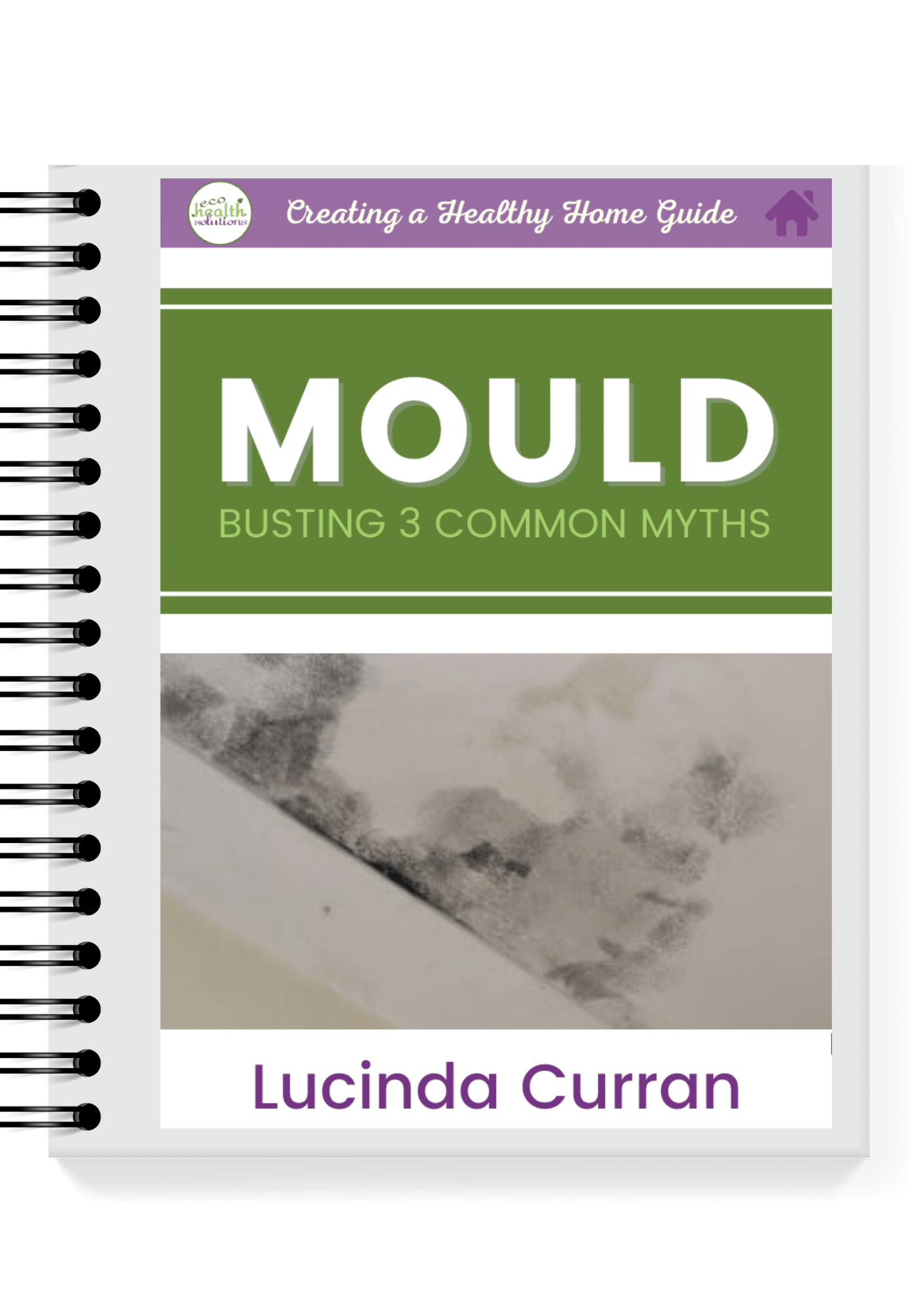
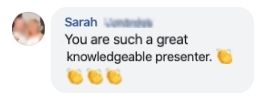
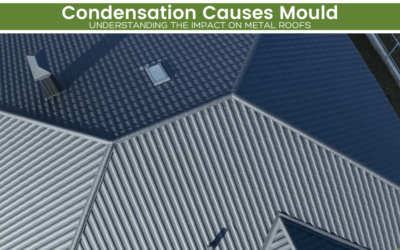
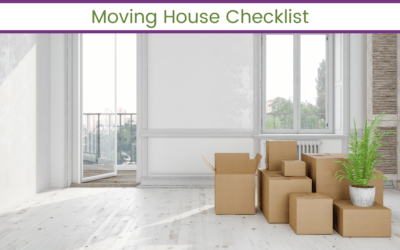
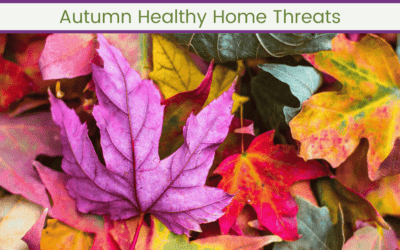
0 Comments